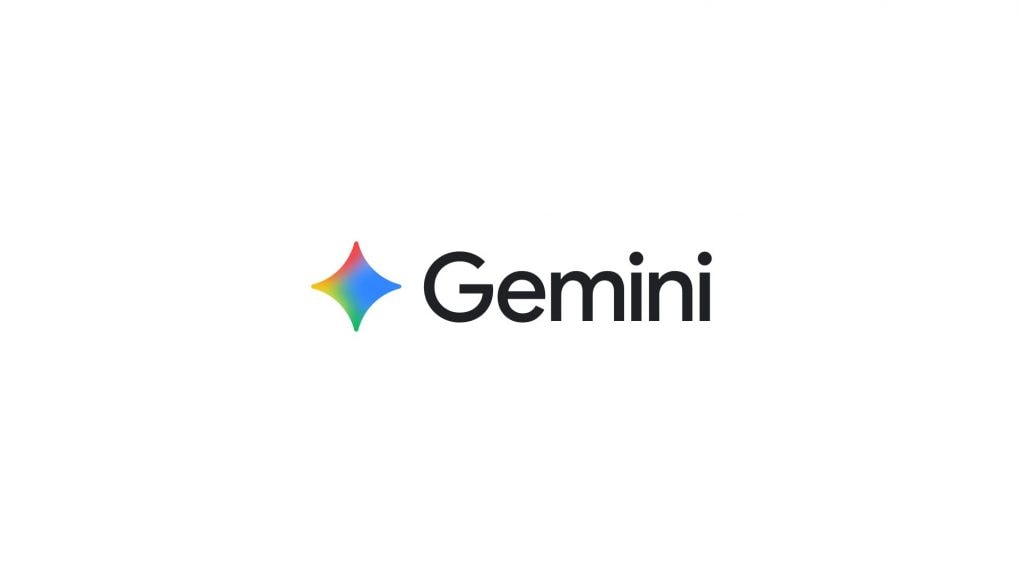Advertising
From Pink Slips to Silent Sidelining: Inside adland’s layoff and anxiety crisis

Google has officially begun the rollout of its advanced AI assistant, Gemini, to the Google TV Streamer device, marking a significant upgrade in how users interact with their large-screen entertainment. The highly anticipated update, which immediately replaces the traditional Google Assistant, was announced today, November 11, 2025, and is set to reach eligible users over the next few weeks.
This integration expands Gemini’s ecosystem presence beyond smartphones and smart speakers, tailoring its capabilities specifically for the TV viewing experience. Users can access the new AI simply by pressing the microphone button on their remote and speaking their query.
Gemini promises a more natural and intuitive voice interaction experience, moving past basic searches to offer personalized and complex guidance.
Personalized Recommendations: The AI excels at solving common household viewing dilemmas. Users can now pose nuanced questions like, "I like dramas but my wife likes comedies. What’s a movie we can watch together?" to generate compromise options across various streaming services.
Catch-Up and Discovery: Gemini simplifies jumping back into shows with plot recaps, such as "What happened at the end of ‘Outlander’ last season?" or helping users discover new trends with queries like, "What's the new hospital drama everyone's talking about?"
The utility of Gemini on Google TV extends into educational and everyday tasks. The AI can simplify complex topics for children ("Explain why volcanoes erupt to my third grader") or provide step-by-step guidance for DIY projects and recipes, often incorporating relevant YouTube videos directly onto the screen.
Google emphasized that the user experience is fully optimized for TV displays, featuring engaging visual aids and glanceable summaries.
This rollout is a key part of Google's broader strategy to integrate Gemini across its ecosystem, including smart home devices like Nest speakers. The update is initially available in select countries and languages and is restricted to users aged 18 and older. While Google advises users to verify all information, early reactions suggest a significant improvement in search relevance compared to the previous system.
From purpose-driven work and narrative-rich brand films to AI-enabled ideas and creator-led collaborations, the awards reflect the full spectrum of modern creativity.
Read MoreLooking ahead to the close of 2025 and into 2026, Sorrell sees technology platforms as the clear winners. He described them as “nation states in their own right”, with market capitalisations that exceed the GDPs of many countries.